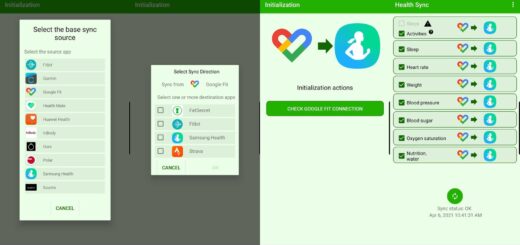PPC campaign management
If you’re looking to maximize the effectiveness of your online advertising, then PPC campaign management is a crucial aspect you need to consider. PPC, or Pay-Per-Click, allows you to drive targeted traffic to your website by bidding on keywords that are relevant to your business. With PPC campaign management, you can reach your desired audience, increase brand visibility, and generate leads and sales. By utilizing various strategies such as Google Ads, Bing Ads, and ad campaign management, you can ensure that your PPC campaigns are optimized for success. In this article, we will explore the different aspects of PPC campaign management and how it can benefit your overall online marketing efforts.
PPC (Pay-Per-Click) Campaign Management
Welcome to the comprehensive guide on PPC (Pay-Per-Click) campaign management! In this article, we will explore what PPC is, its benefits, and how to create and optimize a successful PPC campaign.

What is PPC?
PPC, or Pay-Per-Click, is an online advertising model where advertisers pay a fee each time their ad is clicked. It is a way of buying visitors to your website rather than earning them organically. PPC ads are usually displayed on search engine results pages (SERPs) or on websites that have opted for advertising space.
One of the most popular platforms for PPC advertising is Google Ads, but there are also other options such as Bing Ads and social media platforms like Facebook and Instagram.
Benefits of PPC
PPC offers numerous benefits for businesses looking to increase their online visibility and drive relevant traffic to their websites. Here are a few key advantages:
-
Immediate Results: Unlike other marketing strategies, PPC ads can bring you instant visibility and generate traffic to your website as soon as your campaign goes live.
-
Budget Control: With PPC, you have complete control over your budget. You can set a daily or monthly limit to ensure you never overspend.
-
Targeted Audience: PPC campaigns allow you to reach a specific target audience based on their demographics, location, interests, and search intent. This ensures that your ads are seen by people who are more likely to convert into customers.
-
Measurable and Trackable Results: PPC provides detailed insights into the performance of your ads, allowing you to measure the success of your campaign and make data-driven decisions for optimization.
Creating a PPC Campaign
Now that you understand the basics of PPC, let’s dive into creating a successful PPC campaign. There are several crucial steps to follow for optimal results.
Keyword Research
Keyword research is the foundation of a successful PPC campaign. It involves identifying the keywords and phrases your potential customers are using to search for products or services related to your business. Use keyword research tools like Google Keyword Planner or SEMrush to find relevant keywords with high search volumes and moderate competition.

Ad Copywriting
Writing compelling ad copy is essential to grab the attention of your target audience and entice them to click on your ad. Craft concise and persuasive headlines and descriptions that highlight the unique selling points of your products or services. Incorporate the keywords you discovered during the keyword research phase into your ad copy for relevance.
Landing Page Optimization
When a user clicks on your ad, they should be directed to a relevant landing page on your website. Optimize your landing page by ensuring it is user-friendly, visually appealing, and provides all the necessary information to encourage conversions. Conduct A/B testing to identify elements that can be improved for better performance.
Campaign Targeting
Make use of the targeting options available in the PPC platform you are using to narrow down your audience and display your ads to the most relevant users. Target based on location, demographics, interests, and previous online behaviors to increase the chances of conversions.
Setting Budget and Bids
Determine your budget based on your advertising goals and the estimated cost per click (CPC) for your chosen keywords. Set your maximum bid per click to ensure your ads remain competitive. Monitor and adjust your budget and bids regularly to optimize your campaign’s performance.
Ad Monitoring and Testing
Regularly monitor the performance of your PPC ads to identify areas for improvement. Analyze metrics such as click-through rate (CTR), conversion rate, and cost per conversion to evaluate the effectiveness of your ads. Test different ad variations, such as different headlines or call-to-action phrases, to determine which ones resonate best with your audience.
Campaign Optimization
Based on the data obtained from ad monitoring and testing, optimize your PPC campaign to improve its overall performance. Make adjustments to bidding strategies, ad copy, audience targeting, and landing page design to maximize conversions and return on investment (ROI).
By following these steps and continuously refining your PPC campaign, you can achieve significant results in driving targeted traffic to your website and increasing your online presence.
In conclusion, PPC campaign management is a powerful advertising strategy that can help businesses grow and drive relevant traffic to their websites. With the ability to target specific audiences, control budgets, and measure results, PPC offers a cost-effective and efficient way to reach potential customers. So now that you have a comprehensive understanding of PPC, it’s time to create your own successful campaign and start reaping the benefits!
















It's great that you talked about how business insurance can provide financial protection against unexpected events and help ensure the…
I like that you mentioned how business insurance is essential for protecting your bottom line and the long-term viability of…